When Do You Know A Track Is Finished?
Are you one of those perfectionists that has a hard time finishing a project because they feel there’s always one more detail that needs fixing? I’ve published a few posts with tips on how to finish tracks, but maybe you’re still spending countless hours on minor tweaks. You’re not alone. I’ve long been like that too, but with time I’ve learned to find a happy balance between embracing my perfectionist side and staying spontaneous.
 I remember seeing a very inspiring video about Fellini, who felt that the only art possible was that which emerged from spontaneity, not from trying to control the uncontrollable. In other words, if you try to control your initial impulses, you might ruin what your instincts had naturally proposed. Overworking your production, after all, often comes from being excessively concerned with others’ feedback, but that’s completely out of your hands.
I remember seeing a very inspiring video about Fellini, who felt that the only art possible was that which emerged from spontaneity, not from trying to control the uncontrollable. In other words, if you try to control your initial impulses, you might ruin what your instincts had naturally proposed. Overworking your production, after all, often comes from being excessively concerned with others’ feedback, but that’s completely out of your hands.
For all you know, people might love the exact things you were trying to suppress.
Here’s where it can become a problem:
You’ve been adjusting (and readjusting) the same project for months. Each time you listen to your track, you hear some new detail that you’d forgotten about or hadn’t noticed before.
This might be because:
You’re spending too much time on your track in one sitting. If you spend 4 hours in a row on a track, you’ll lose the perspective you need to hear things properly. I’ve stressed this before, but I always recommend taking tons of breaks, and to space out your sessions too. Letting your project sit for a few days before opening it again can really help. A week is even better. Months can do magic.
Your listening environment might not be perfect. This is why listening outside can help you figure out what needs tweaking. Try to always refer back to tracks that you know sound right, and insert your track into the same playlist. You can then put your player on shuffle to discover if your track sounds like it fits in.
But remember: achieving perfection is an illusion. What you hear on the 1000th listen is only what someone who has been listening to a track on non-stop repeat will hear. The chances are very low that anyone on earth will listen to your track as much as you do. And even if they did, by that point there’s actually a mental mechanism that kicks in, where people’s brains will adapt their perceptions to the track so as to accept it as it is. This might be a bit hard to swallow at first, but it is factual.
 To cite a good example, every time I play live, I’ll spend innumerable hours preparing my sounds in advance. But then as I’m juggling with them live, they’re only being played for a few minutes each. The ones I think don’t sound so great are often perceived as really cool by the crowds. People will think that the sound, as they heard it, was made that way for a reason. They’re not totally wrong. You’ve created your music in a specific environment, and that is how your music sounds — there. Even if you get a mastering engineer to look over it all and make sure it sounds right, it’s honestly very rare that they’ll adjust more than 3 or 4 things at most.
To cite a good example, every time I play live, I’ll spend innumerable hours preparing my sounds in advance. But then as I’m juggling with them live, they’re only being played for a few minutes each. The ones I think don’t sound so great are often perceived as really cool by the crowds. People will think that the sound, as they heard it, was made that way for a reason. They’re not totally wrong. You’ve created your music in a specific environment, and that is how your music sounds — there. Even if you get a mastering engineer to look over it all and make sure it sounds right, it’s honestly very rare that they’ll adjust more than 3 or 4 things at most.
Which is all to say that spending countless hours on that snare just might be a bit overkill.
In conclusion, you never really know if your track will be done. It is just a matter of accepting to move on and leave that track living it’s own, watching where it will end and accomplish. Go focus on the next work. You can always leave a track sleeping for a few months and get back to it later. That is always a way to see what’s left to be done.
SEE MORE: What Is A Mature Sounding Track?


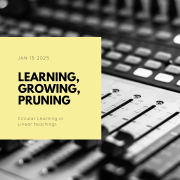
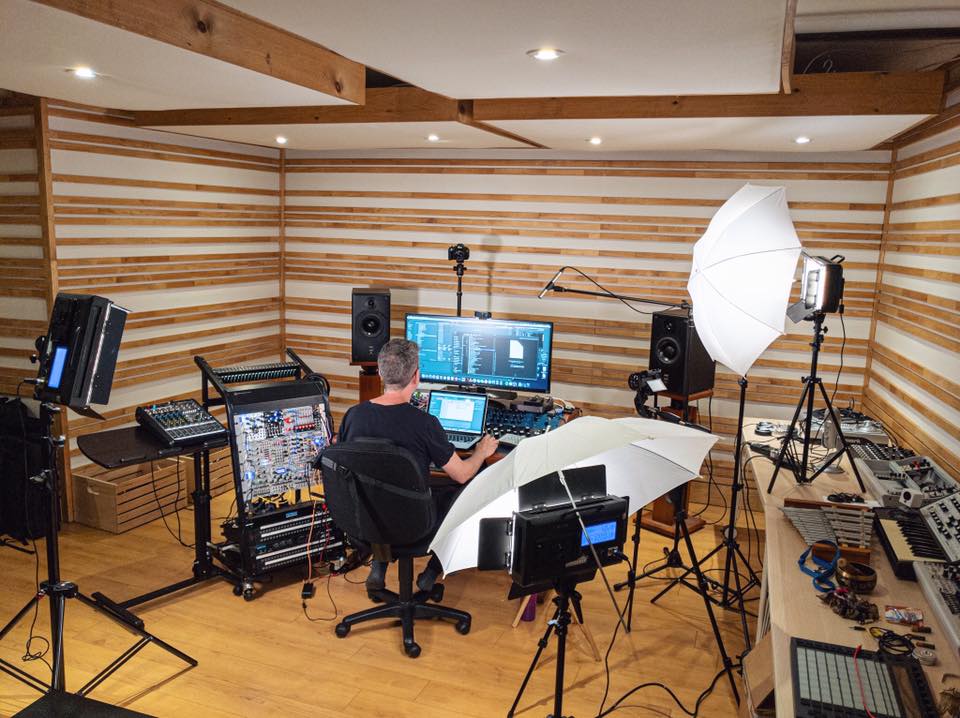

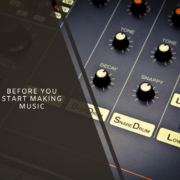
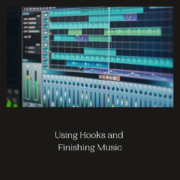
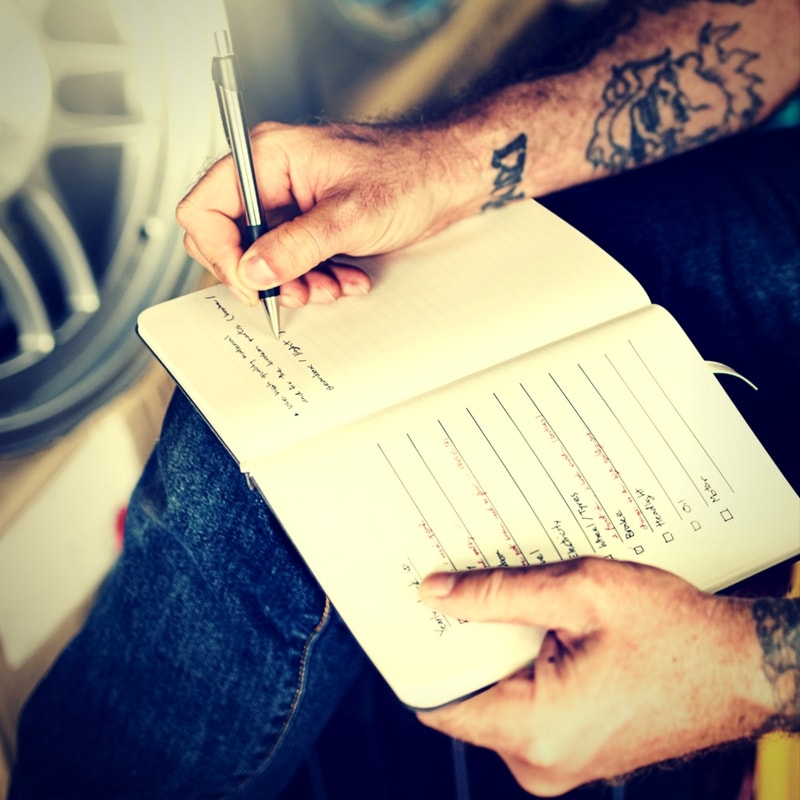

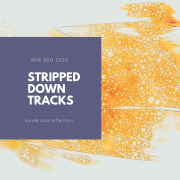


Leave a Reply
Want to join the discussion?Feel free to contribute!